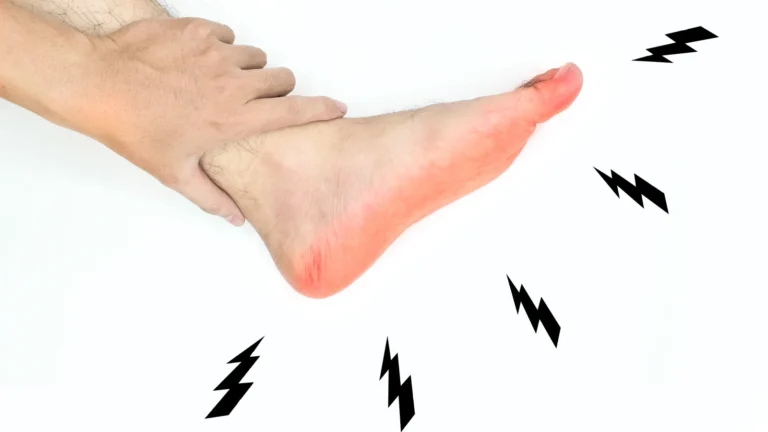Introduction : Women and Autoimmune Diseases
Deciphering the Enigma
Women and Autoimmune Diseases: Autoimmune diseases continue to perplex medical experts, but one striking pattern stands out: women are disproportionately affected by these conditions. In this article, we delve into the intricate mechanisms behind this phenomenon and explore the factors contributing to the higher prevalence of autoimmune diseases among women.
Table of Contents
The Gender Disparity in Autoimmune Diseases
A Statistical Imbalance
Studies consistently show that autoimmune diseases affect women more frequently than men. Conditions such as rheumatoid arthritis, lupus, and multiple sclerosis are significantly more prevalent in women, raising questions about the underlying causes of this gender disparity.
Exploring Hormonal Influences
Hormonal fluctuations, particularly estrogen, are believed to play a significant role in the development and progression of autoimmune diseases in women. Estrogen’s immunomodulatory effects can influence the body’s immune response, potentially contributing to the dysregulation observed in autoimmune conditions.
Genetic Predisposition and Environmental Triggers
Genetic Susceptibility
While genetics alone cannot account for the gender disparity in autoimmune diseases, certain genetic factors may predispose individuals, particularly women, to these conditions. Variations in genes associated with immune function and regulation may increase susceptibility to autoimmune disorders.
Environmental Triggers
Environmental factors such as infections, stress, and exposure to certain toxins have also been implicated in triggering autoimmune responses. Women may be more susceptible to these triggers due to differences in immune function and hormonal fluctuations.
The Impact of Immune Function
Sex Differences in Immune Response
Sex-based differences in immune function may contribute to the higher prevalence of autoimmune diseases in women. Studies suggest that women generally mount stronger immune responses than men, which may increase the risk of immune dysregulation and autoimmune reactions.
Pregnancy and Autoimmunity
Pregnancy presents a unique challenge for women with autoimmune diseases, as the immune system undergoes significant changes to accommodate the developing fetus. While some women experience remission during pregnancy, others may experience exacerbation of symptoms or disease flare-ups.
Conclusion: Women and Autoimmune Diseases
The gender disparity in autoimmune diseases underscores the complexity of these conditions and the need for further research to elucidate the underlying mechanisms. By unraveling the mysteries surrounding autoimmunity, we can develop more targeted and effective strategies for diagnosis, treatment, and prevention, ultimately improving the quality of life for individuals affected by these diseases.







